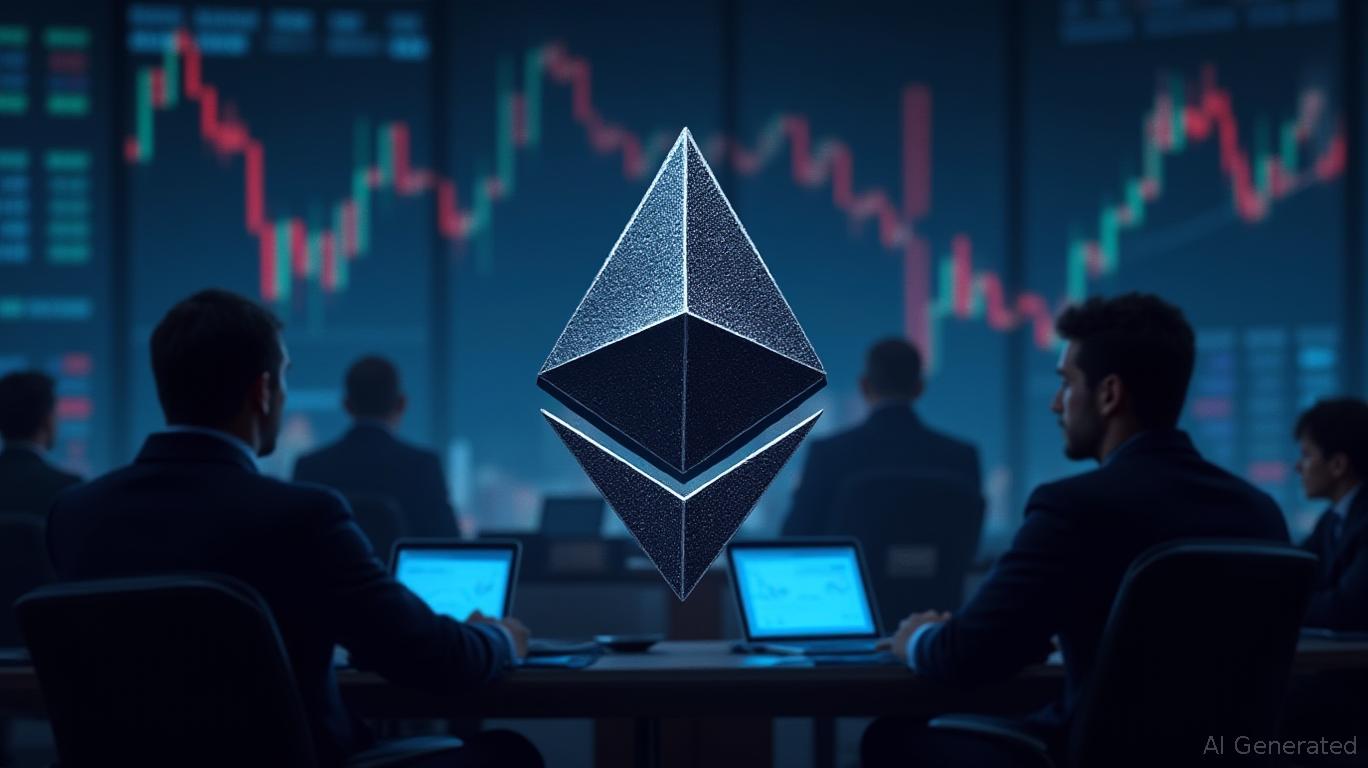As technology firms announce ambitious plans for expansive new data centers, a recent survey reveals that consumers are increasingly anxious that the surge in AI activity could ultimately lead to higher electricity costs for them.
The study, commissioned by solar company Sunrun, indicates that 80% of respondents are concerned about how data centers might affect their energy expenses.
These worries among consumers are not without reason.
According to the U.S. Energy Information Administration (EIA), electricity usage in the United States remained largely unchanged for more than ten years. However, over the past five years, commercial sectors—including data centers and industrial operations—have significantly increased their consumption, with annual growth rates of 2.6% and 2.1%, respectively. In contrast, household electricity use only rose by 0.7% each year.
Currently, data centers account for roughly 4% of the nation’s electricity consumption, which is more than twice their share in 2018. Lawrence Berkeley National Laboratory projects that by 2028, this figure could climb to anywhere between 6.7% and 12%.
The increase in electricity generation has kept pace with demand, largely due to a boom in new solar, wind, and large-scale battery storage installations. Major tech firms have been signing significant agreements for new large-scale solar projects, drawn by the technology’s affordability, flexibility, and rapid deployment. Solar installations can begin supplying power to data centers before construction is fully finished, and most projects are completed in about 18 months.
The EIA anticipates that renewable energy will continue to make up the majority of new power generation capacity at least through the coming year. This trend might have continued past 2026, but experts warn that a potential rollback of key provisions in the Inflation Reduction Act by Republicans could slow the expansion of renewables.
At the same time, natural gas—another preferred energy source for data centers—has not kept pace. Although production has increased, much of the additional supply has been directed toward exports rather than domestic consumption. Between 2019 and 2024, electricity producers increased their natural gas use by 20%, while exports surged by 140%.
New natural gas plants are unlikely to be completed soon, as they typically require about four years to build, according to the International Energy Agency. A backlog of turbines for gas-fired plants has further exacerbated the issue, with manufacturers now quoting delivery times as long as seven years, and recently announced production expansions are not expected to resolve the delays.
The combination of slow natural gas expansion and obstacles facing renewables has left data center developers facing significant challenges.
Although AI and data centers are not solely to blame for the rising demand for electricity—industrial users have also contributed significantly—they have been at the forefront of public attention.
AI, in particular, is drawing consumer criticism: According to a Pew survey, more people are uneasy about the technology than enthusiastic, which is not surprising given that many employers are using AI as a means to reduce staff rather than enhance worker productivity.
With energy costs on the rise, it becomes clear why a public backlash could be on the horizon.



